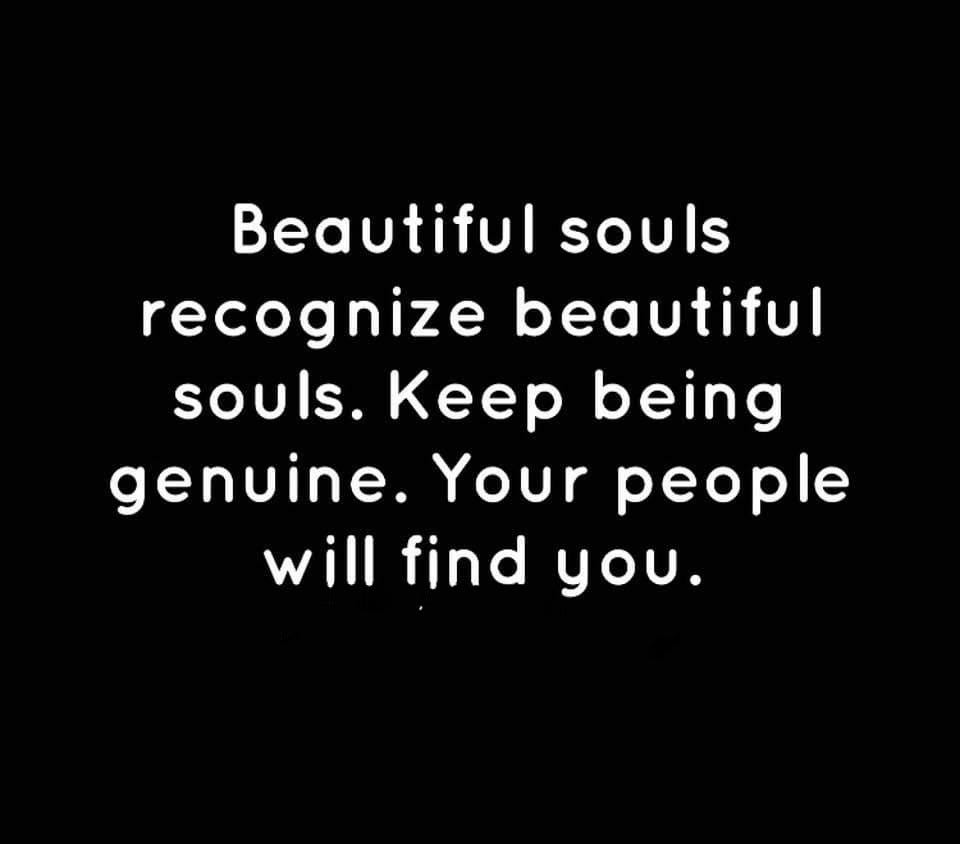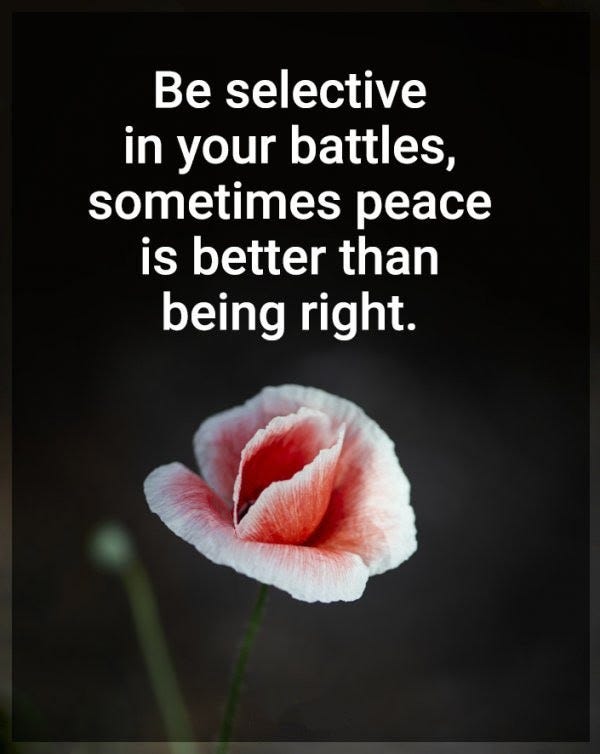Weighing the Differences Between Nice and Kind
This week, I’ve been thinking about what it means to be a “nice” person versus a “kind” person. I’ve strived to have both qualities 90% of the time, at least as an adult.
The words are often used interchangeably, but they are very different.
Nice has more to do with keeping the peace and being agreeable, polite, and pleasant.
Kindness seems to go a little deeper. A kind person doesn’t just seek to please; they seek to understand and support others meaningfully. Kindness involves honest feedback, setting boundaries, or addressing complex issues out of care for someone’s well-being. Kindness is not focused on how others will perceive your actions but rather on the benefits your actions can bring.
While niceness may prevent discomfort, kindness often requires courage.
Niceness is more about serving yourself: avoiding conflict, being liked, and not revealing your true thoughts or opinions.
Kindness is more about serving others: showing empathy, having genuine compassion, actively listening, and allowing opportunities to learn from each other.
I recall instances growing up when my Dad was so upset that he walked out the door in the middle of a disagreement, got in the car, and left. Upon his return home, he spoke a few simple words, and that was the end of it. No one in the family questioned my Dad.
I know now that he used that time driving to cool down, sort out his thoughts, and avoid saying something he would regret. He demonstrated kindness.
My paternal grandmother had no trouble expressing her thoughts and feelings. Occasionally, she would apologize after saying something she regretted, like when she told me that getting a dog would completely ruin my house. (She didn’t deny that she felt that way, only that it was my choice to have an animal and a messy home, not hers.)
I never had to wonder what she was thinking. I always knew that she believed her advice was in my best interest. She was very kind most of the time and didn’t hold back her opinions.
For me, if a subject is controversial (money, child-rearing, relationship advice, for instance), depending on who is involved in the conversation, I generally stay mute. I follow my Dad’s lead in taking the time to think it through. Sometimes, I’ll continue the conversation later, and sometimes, I let it go.
Regarding politics and religion, I steer clear of these topics in mixed company when I am unfamiliar with others’ views or altogether when I know our perspectives are different.
As I age and our world becomes increasingly polarized, I sometimes wonder if I’m being dishonest by holding back.
I believe in the sentiment expressed in the quote above, and I don’t go out of my way to start heated conversations or seek out others with differing opinions.
However, there have been occasions where I have said nothing and felt ashamed that I didn’t speak up:
Hearing a racist or sexist joke
Listening to harmful stereotypes
Hearing misinformation or conspiracy theories
Listening to unkind gossip or remarks
I am not one to lecture people, but going forward, I hope to express my unwillingness to hear untrue and uncomfortable words that are directly spoken to me.
In those instances, I feel my silence signals agreement and can no longer allow that.
Listening to and tolerating untruths, bigotry, and hatred is not an act of kindness or niceness towards the person I'm interacting with or towards myself.
Going forward, my goal is to be more kind than nice, more genuine than agreeable, and more honest than polite. I thank my grandmother for being an excellent role model.
Thanks for reading!
Keep smiling!
xx








Another beautiful article. So well written and said. Pam you are the kindest person I know and I love you for it. ❤️🥰
Thanks, Pam! This is exactly the struggle that I have been experiencing post election. You articulated this so well! You nailed it and I’m with you!